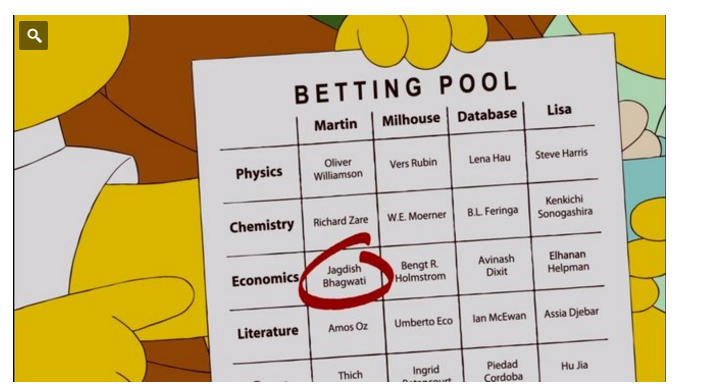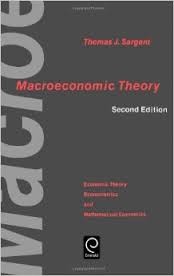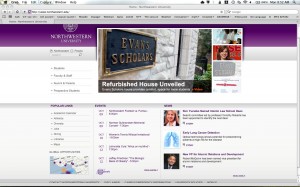The latest to pass away is Kenneth Arrow, who by any and all accounts was a genius. A Fine Theorem tells us what we already know, that “Arrow is so influential, in some many areas of economics, that it is simply impossible to discuss his contributions in a single post.”
These contributions, of course, include work on social choice theory (Arrow’s Impossibility Theorem), general equilibrium theory, and innovation, and off the top of my head I can point to work on health care, organizational theory, quasi-option values, and a bunch of other stuff. Truly remarkable. Here is the New York Times obituary.
Meanwhile, the profession has also recently lost Thomas Schelling (2016), Douglass North (2015), John Nash (2015), Gary Becker (2014), Ronald Coase (2013), and Elinor Ostrom (2012). You could learn a lot in a little while just reading the obits on these Nobel Prize winners.








